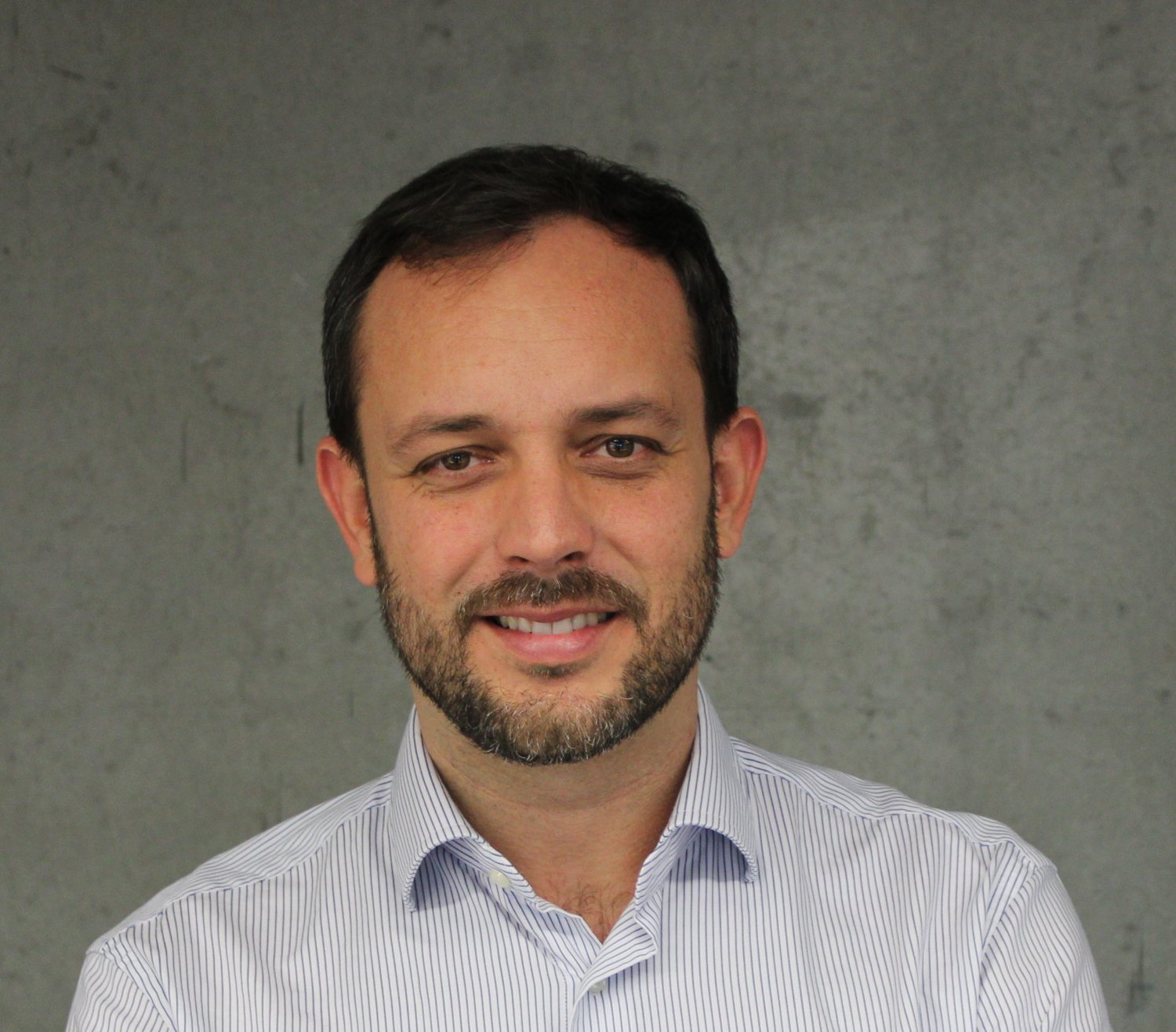 Photo: Maria Yohuang
Photo: Maria YohuangAbout the research group leader
Davide Liborio Vetrano, MD, PhD, is a geriatrician and epidemiologist serving as Associate Professor of Geriatric Research at the Aging Research Center, Karolinska Institutet. Since 2023, he has led the Multimorbidity and Frailty in Older Adults research group, where he and his collaborators investigate the determinants, longitudinal trajectories, and clinical consequences of key geriatric syndromes, with particular emphasis on multimorbidity, frailty, and dementia. The group places strong emphasis on tailored statistical methodologies to address major analytical challenges in aging research, including intermittently observed health trajectories, unobservable health states, and complex, high-dimensional longitudinal processes. Dr. Vetrano’s work integrates clinical geriatrics with advanced epidemiological and modelling approaches to understand how complex health conditions evolve and interact across late life. He is principal investigator or co-principal investigator of several national and international initiatives supported by Swedish, Nordic, and European funding bodies.
